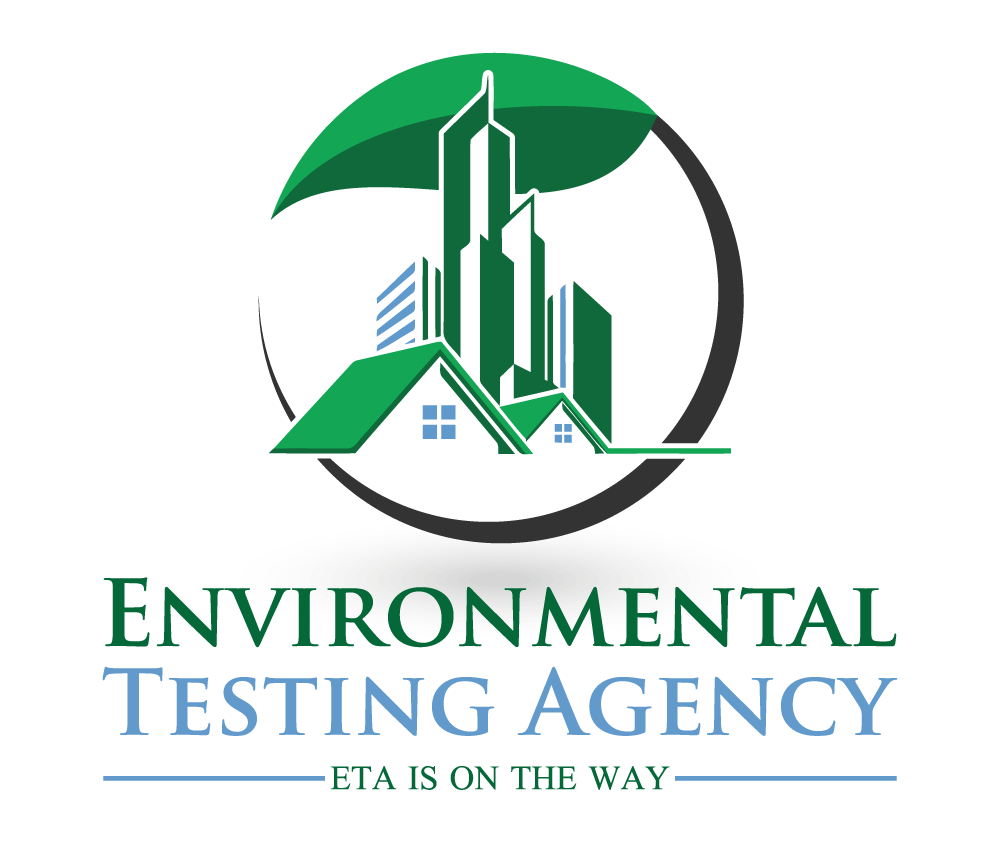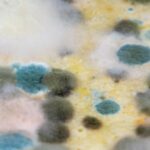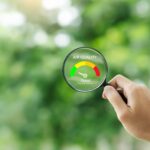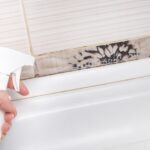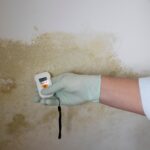The Ultimate Guide About Air Purifiers: Do They Really Work?
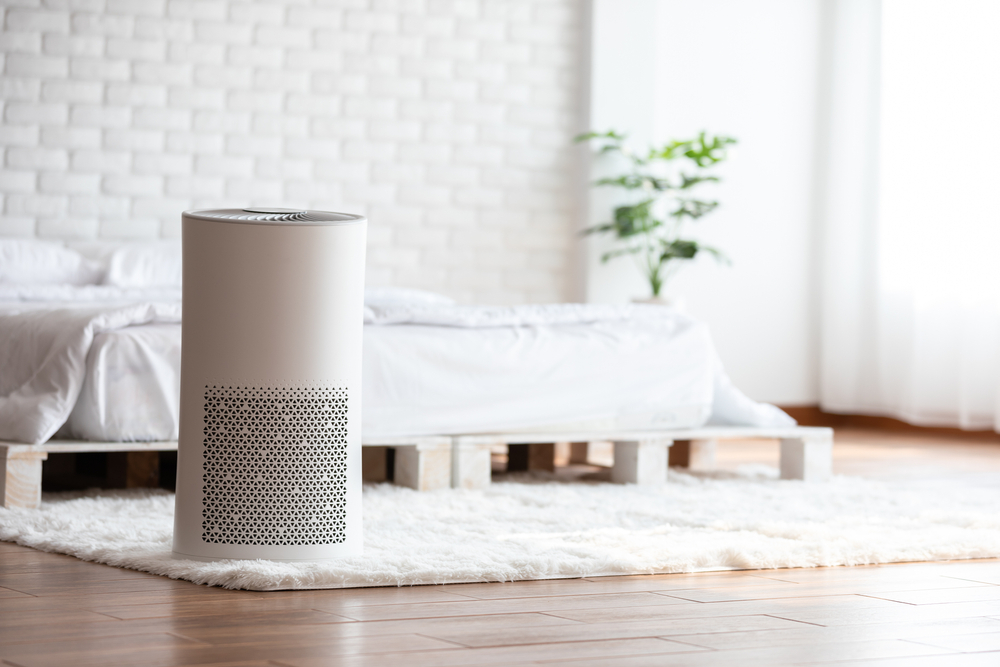
Air purifiers have become increasingly popular in recent years, and for a good reason. They are helpful for people with allergies, asthma, and other respiratory or cardiovascular conditions.
With indoor air pollution being a serious concern, people are turning to air purifiers to clean the air in their homes and offices. But do they really clean your household air?
The short answer is yes, but up to a point. How well it works depends on what you want to use in your home and what air purifier you choose.
In this ultimate guide, we’ll explore everything you need to know about air purifiers and whether or not they work. Keep reading!
What is an Air Purifier?
An air purifier is a device that removes pollutants from the air in a room or space. The purpose of an air purifier is to filter and sanitize these pollutants, chemicals, and allergens from the indoor air and improve air quality. This can include dust, pollen, pet dander, and other allergens. Air purifiers can also remove odors and harmful chemicals from the air, making them a popular choice for those with chemical sensitivities.
How They Work
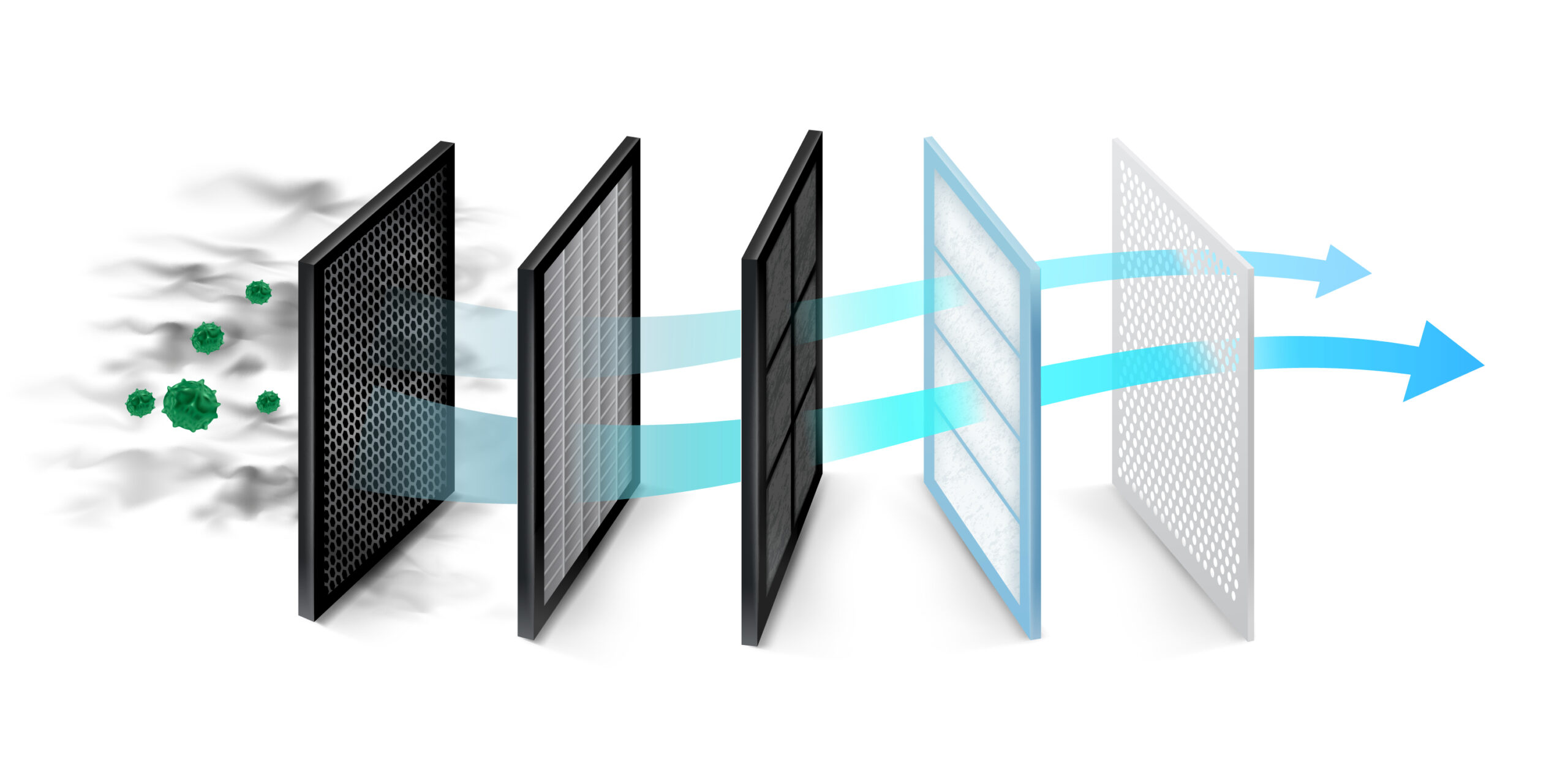
Air purifiers work by pulling air from the room and passing it through a series of filters that capture pollutants. The clean air is then released into the room, improving air quality. The filters used in air purifiers vary depending on the type of purifier. Still, some of the most common filters include HEPA filters, activated carbon filters, and UV-C lights.
However, not all air purifiers work in the same way. Some air purifiers use neutralization instead of drawing in and filtering the air. In contrast, others work by sending UV light to kill bacteria and mold.
Types of Air Purifiers
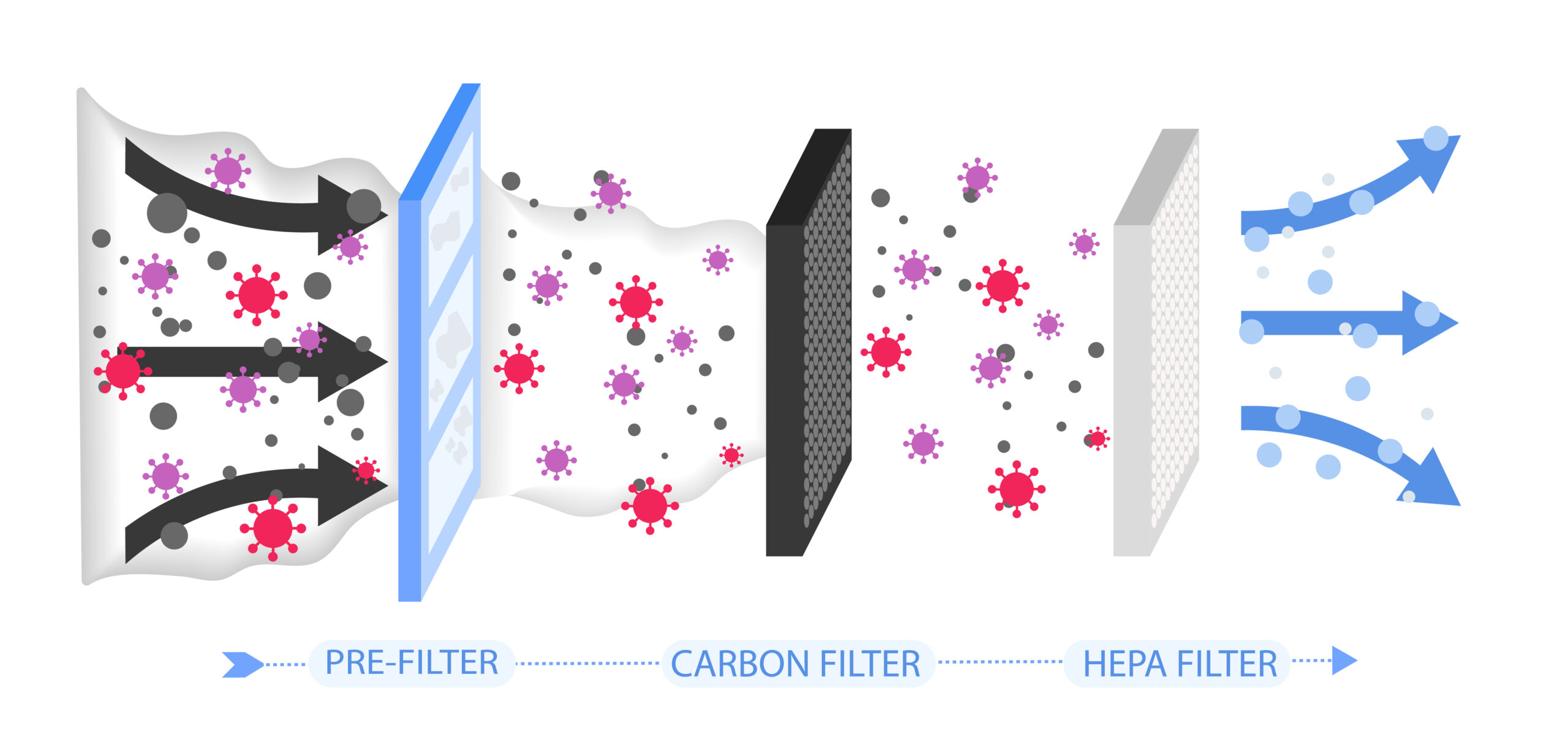
There are several types of air purifiers on the market today, each with unique features and benefits. Here are the most common types of air purifiers:
- HEPA Air Purifiers
HEPA stands for High-Efficiency Particulate Air. It is one of the most effective and studied air purifiers. HEPA filters are designed to capture particles as small as 0.3 microns, making them highly effective at removing pollutants from the air. Theoretically, HEPA filters can remove 99.97% of airborne dust, bacteria, mold, pollen, and other particles.
HEPA air purifiers are ideal for those with allergies or asthma, as they can remove pollen, mold, fungi, pet dander, and other allergens from the indoor air.
- UV-C Air Purifiers
UV-C air purifiers use ultraviolet light to kill bacteria and viruses in the air. These purifiers are ideal for those concerned about airborne pathogens and want to ensure that their home or office air is as clean as possible.
- Ionizer Air Purifiers
Ionizer air purifiers release negatively charged ions into the air, which attach to positively charged particles, causing them to clump together and fall to the ground. These air purifiers are effective at removing particles from the air. Still, they may produce ozone, which can harm some people.
- Activated Carbon Air Purifiers
Activated carbon air purifiers use activated carbon to absorb chemicals and odors from the air. These cleaners are ideal for those with chemical sensitivities or wanting to remove odors from the air.
- Ozone Generators
Ozone generators produce ozone, which reacts with pollutants in the air, breaking them down into harmless substances. While ozone generators effectively remove contaminants from the air, they can also produce high ozone levels, which can be harmful.
Benefits of Air Purifiers
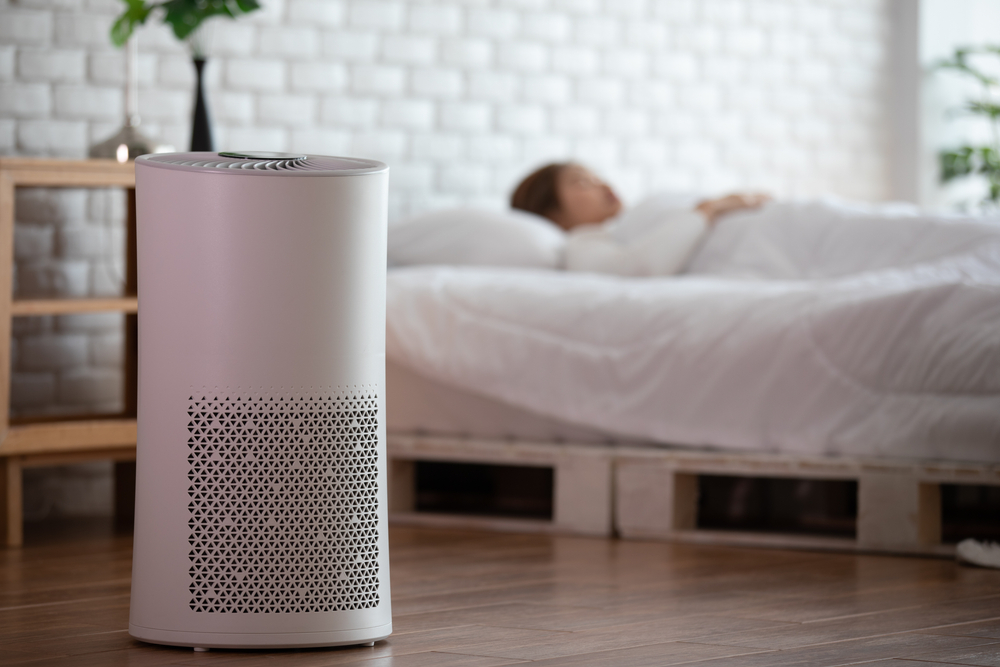
There are several benefits to using an air purifier in your home or office. Here are just a few of the most significant benefits:
- Improved Air Quality
The most significant benefit of using an air purifier is improved air quality. By removing pollutants from the air, air purifiers can help reduce the symptoms of allergies, asthma, and other respiratory conditions.
- Reduced Odors
Air purifiers can also help reduce odors in the home, such as those caused by pets, cooking, or smoking. Activated carbon filters, in particular, effectively absorb odors and chemicals from the air.
- Cleaner Surfaces
By removing pollutants from the air, air purifiers can also help keep surfaces in your home or office cleaner. This is because fewer pollutants are settling on surfaces like furniture and floors.
- Better Sleep
Improved air quality can also lead to better sleep. By removing pollutants from the air, air purifiers can help reduce snoring, coughing, and other breathing-related sleep disruptions.
Do They Work?
Now, the big question: do air purifiers really work? The answer is yes; air purifiers can effectively remove pollutants from the air. However, it’s important to note that not all air purifiers are created equal. Some air purifiers are more effective than others, and the effectiveness of an air purifier depends on several factors, including the size of the room, the type of pollutants present, and the quality of the filters.
Additionally, it’s important to note that air purifiers do not substitute good indoor air quality practices. This includes things like keeping your home clean, using natural cleaning products, and reducing the use of chemicals in your home. It would be best to use air purifiers in conjunction with these practices to help improve the overall air quality in your home or office.
What Different Types of Airborne Pollutants an Air Purifier Can Remove?
Most filters on the market are designed to capture particles like dust, smoke, and pollen. Here are some of the most common types of pollutants that air purifiers can remove:
- Dust: Air purifiers with HEPA filters are highly effective at removing dust particles from the air.
- Pollen: HEPA filters can also capture pollen particles, making them an ideal choice for those with allergies.
- Pet dander: HEPA filters can capture pet dander particles, a common allergen for many people.
- Mold: Air purifiers with HEPA filters can capture mold spores but don’t eliminate or prevent mold growth. To do that, it is necessary to eradicate the source of moisture allowing it to grow. We recommend calling a professional Mold Remediation and Air Quality agency or buying a dehumidifier or humidifier to help maintain the appropriate moisture levels in your home and stave off mold growth issues.
- Chemicals: Air purifiers with activated carbon filters effectively absorb chemicals and odors from the air.
- Smoke: Air purifiers with activated carbon filters or HEPA filters can capture smoke particles from the air, making them an ideal choice for smokers or those living in areas with high pollution levels.
Do Air Purifiers Improve Your Health?
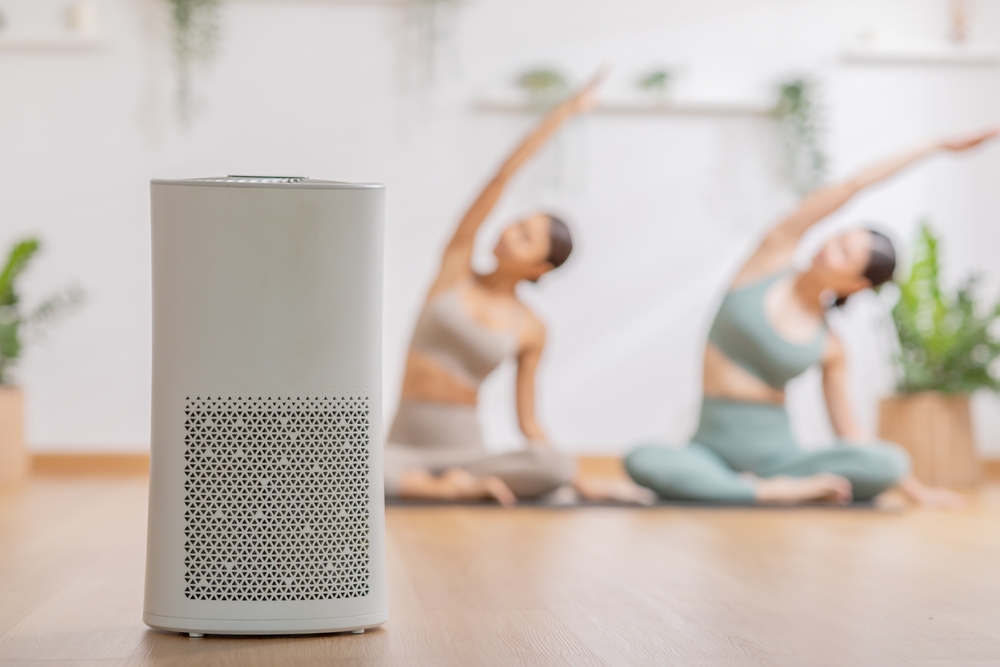
According to the World Health Organization, household air pollution exposure can lead to severe health conditions.
While air purifiers can effectively remove pollutants from the air, it’s important to note that they are not a cure-all for respiratory problems. An air purifier can help reduce symptoms of allergies or asthma. Still, it’s essential to also take other steps to improve your health, such as avoiding triggers, taking medication as prescribed by your doctor, and applying good indoor air quality practices.
What They Won’t Work For
It’s also important to note that air purifiers will only work for some types of pollutants. For example, air purifiers are not effective at removing carbon monoxide or other gases from the air. Additionally, air purifiers may not be effective at removing specific types of allergens, such as cockroach allergens, which are heavier and may not be captured by air purifier filters.
Similarly, air purifiers are ineffective in capturing gases such as VOCs (volatile organic compounds) or radon, which can accumulate from adhesives, paints, or cleaning products. The Environmental Protection Agency (EPA) cautions that air purifiers have limitations in filtering out gases, and it is necessary to replace the filters every three months or so for optimal performance.
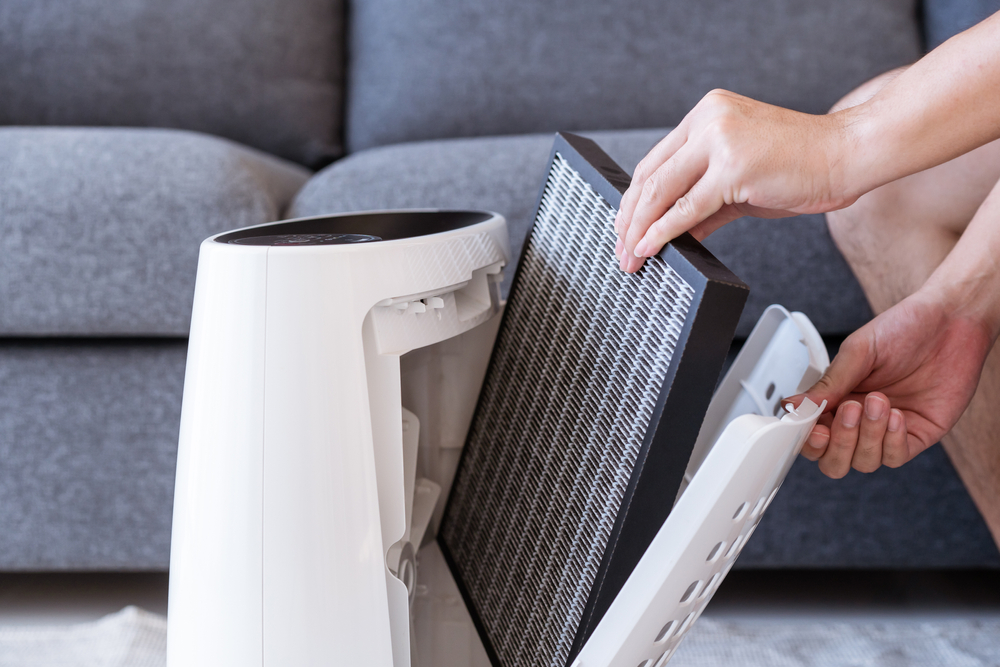
Conclusion
In conclusion, air purifiers can effectively remove pollutants from the air and improve indoor air quality. By removing pollutants from the air, air purifiers can help reduce the symptoms of allergies, asthma, and other respiratory conditions.
However, it’s essential to choose the right type of air purifier for your needs and to use it in conjunction with good indoor air quality practices. By doing so, you can help improve your health and the health of those around you.
FAQs
1. How do air purifiers work?
Air purifiers use filters, such as HEPA filters, to trap particles like dust, pollen, smoke, and other impurities from the air. More advanced models may also use technologies like activated carbon filters and ionization to eliminate odors and viruses.
2. What are the benefits of using an air purifier?
Air purifiers can help improve air quality by removing allergens, pollutants, and unpleasant odors. They are especially beneficial for people with respiratory issues like asthma or allergies.
3. What type of filter is best for my air purifier?
HEPA filters are widely regarded as the most effective for removing fine particles, like dust and pollen. Activated carbon filters are better for removing odors, while purifiers with UV filters can help eliminate bacteria and viruses.
4. How often should I change the filter in my air purifier?
The frequency of changing the filter depends on the type of purifier and its usage. Generally, it is recommended to change the HEPA filter every 6-12 months, although some purifiers include indicators to alert you when a change is necessary.
5. Can I use an air purifier in any room of my house?
Yes, air purifiers can be used in any room. However, their effectiveness will depend on the size of the room and the capacity of the purifier. It’s important to choose a model suitable for the size of the room in which it will be used.
6. Do air purifiers eliminate cigarette smoke?
Yes, air purifiers with activated carbon filters are especially effective at removing cigarette smoke and other unpleasant odors, as carbon absorbs the odor-causing particles in the air.
7. Can I leave my air purifier running overnight?
Yes, air purifiers are designed to run continuously, even overnight. Some models feature quiet modes to avoid disturbing your sleep.
8. Do air purifiers eliminate viruses and bacteria?
Some air purifiers with UV filtration technology or advanced HEPA filters can help reduce the amount of viruses and bacteria in the air, but they are not a substitute for proper hygiene measures.
9. Is an air purifier necessary if I keep my windows open?
While opening windows can improve ventilation, it won’t remove dust, pollen, or pollutants from the air. Air purifiers continue to work effectively to maintain clean air even when windows are open.
10. What’s the difference between an air purifier and a dehumidifier?
An air purifier removes contaminants and allergens from the air, while a dehumidifier reduces humidity levels in the air, which can help prevent mold and mildew formation. Both devices serve different but complementary functions.



